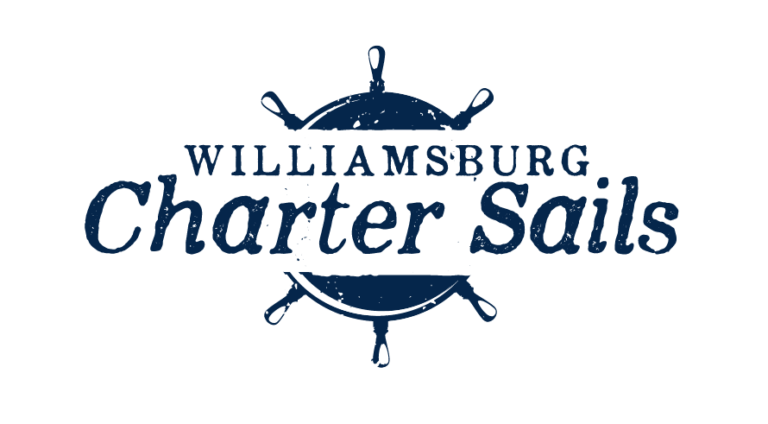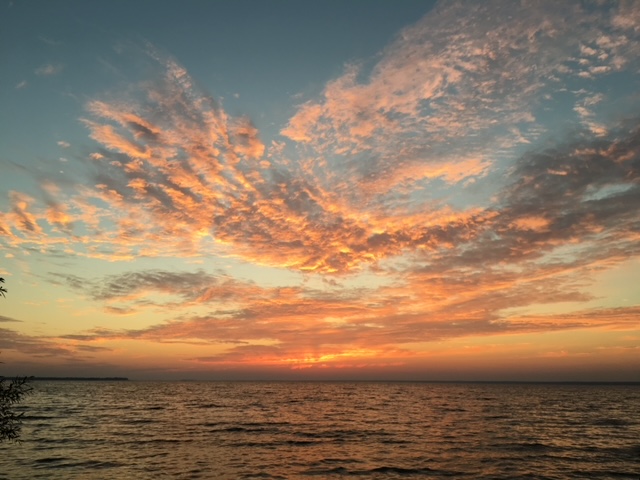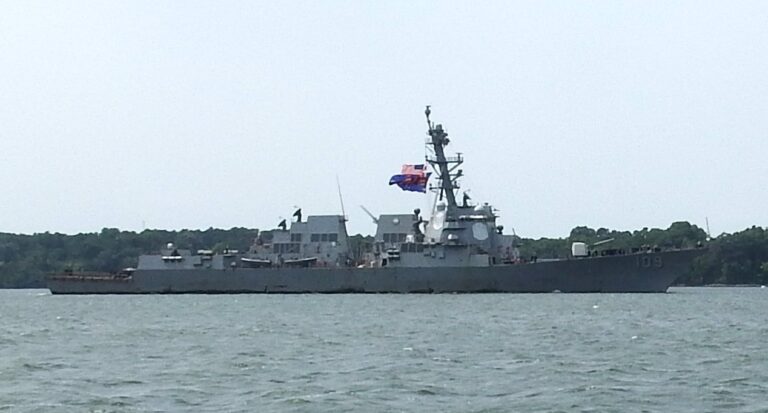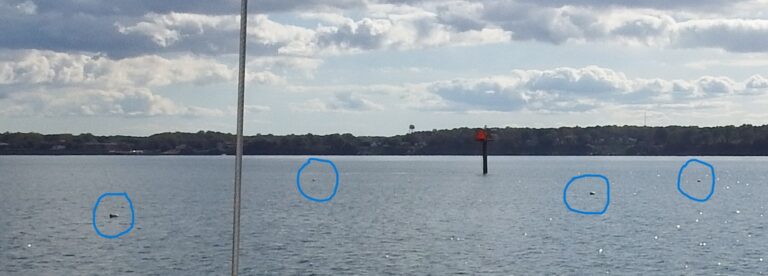I get asked, “Why did the colonists rebel in the 1770s?” While conveying the Battle of the Capes and the Siege of Yorktown to a group of six along the York River, Susan Jennaro got to talking about what a good job the interpreters do at Colonial Williamsburg. One thing they don’t have time to delve in is why people living fairly well off would rebel against Great Britain.
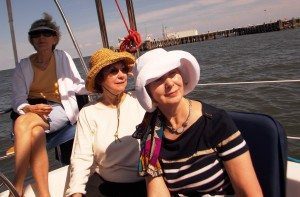 I postulated Gordon S. Woods’ theory that the people weren’t fighting to gain freedom, but to keep it. As early as 1760 New Englanders felt entirely free of British constraint. A raft of objections grew as the years wore on to 1776 and the beginning of the American Revolution.
I postulated Gordon S. Woods’ theory that the people weren’t fighting to gain freedom, but to keep it. As early as 1760 New Englanders felt entirely free of British constraint. A raft of objections grew as the years wore on to 1776 and the beginning of the American Revolution.
1. Taxes on stamps, and later tea, were symbolic examples of government interference.
2. Other economic grievances mounted in the form of tariffs and surcharges.
3. We lost respect for English authority as we developed our own local governments.
4. Anger grew over British audacity about control.
5. The British took the best timber for ships’ masts when we needed them just as well.
6. We saw no useful purpose to the empire and were living freely on our own.
7. They failed to see our point of view. Time and again, Parliament and the later royal governors were obstinate.
8. Our respect for British government disappeared as a result.
9. The very contract of governing fell apart, and war broke out.
The list runs considerably longer, but you get the idea.
More on the War
Scott Prater took his wife Jean sailing near Williamsburg, where they enjoyed learning about the end of the Revolutionary War at Yorktown.
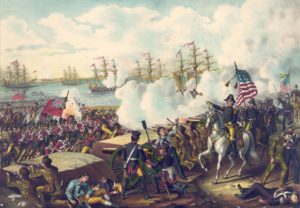
“We live in Leesburg, a hundred yards from a farmhouse that figured prominently in the War of 1812. They spirited the U.S. Constitution and other important documents out of Washington and hid them in the basement for safe-keeping.”
I had explained how a squall came up at the end of the Battle of Yorktown that providently prevented Lord Earl Cornwallis from escaping by ship on the York River.
“Something similar happened in 1812. A hurricane blew through Washington with torrential rains. The winds discouraged the British from more devastation beyond burning the White House, and the heavy rains put out many of the fires they started.”
Tennis vs. Sailing
Elisa 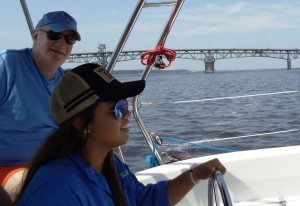 joined her extended family on a sailing cruise near Williamsburg. She’s off to St. Edwards University this fall on a tennis scholarship after ranking in the Top 20 in Texas, No. 1 in Honduras, and Top 300 in U.S. Juniors. What’s her best shot? “My forehand is my best shot. My serve is strong too. I put top spin on the second shot.” Her family is very proud.
joined her extended family on a sailing cruise near Williamsburg. She’s off to St. Edwards University this fall on a tennis scholarship after ranking in the Top 20 in Texas, No. 1 in Honduras, and Top 300 in U.S. Juniors. What’s her best shot? “My forehand is my best shot. My serve is strong too. I put top spin on the second shot.” Her family is very proud.
Let’s Go Sailing Past History
Scroll down Rates and pick a day for a sailboat charter. Scroll down Reviews on Trip Advisor. Go back to the Home Page of Williamsburg Charter Sails.
sailing past history sailing past history
